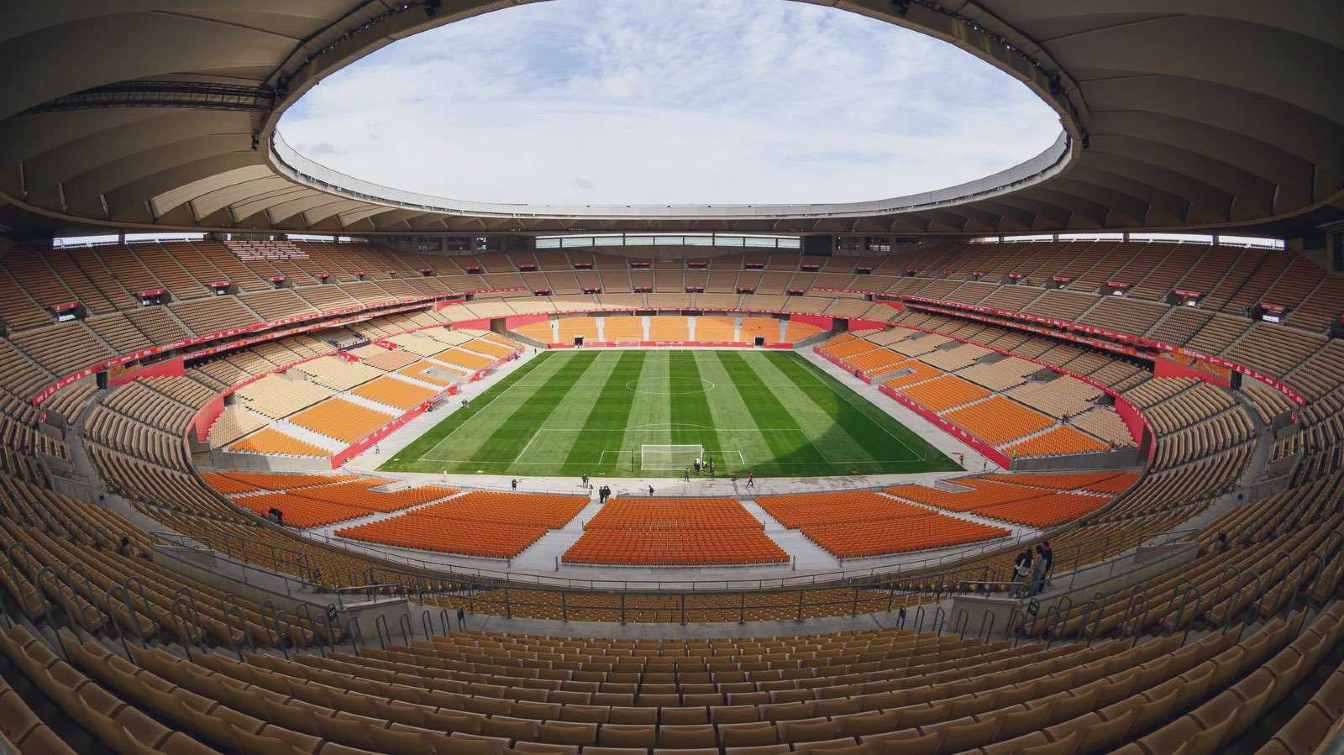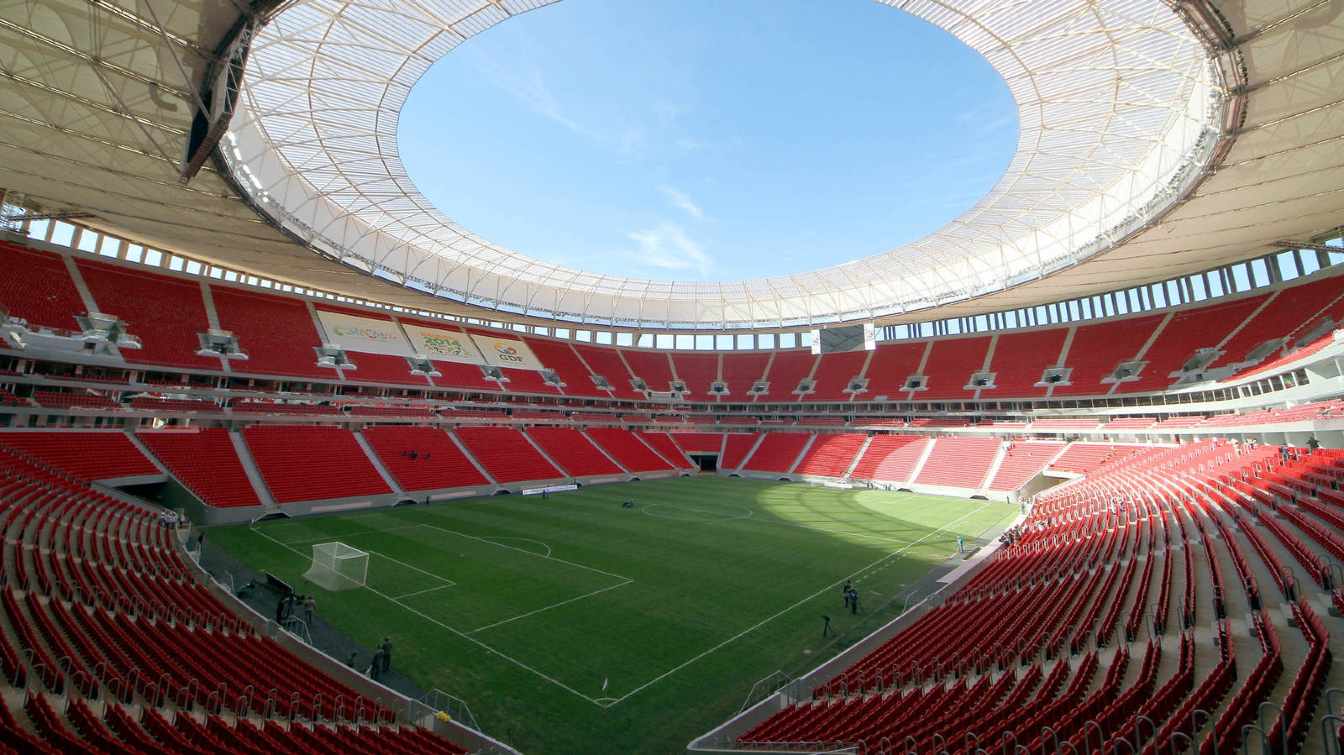World: Race to host 2029 FIFA Club World Cup begins
source: StadiumDB.com; author: Paulina Skóra
 Qatar has officially entered the race to host the second edition of the revamped FIFA Club World Cup, joining Spain and Brazil as candidates.
Qatar has officially entered the race to host the second edition of the revamped FIFA Club World Cup, joining Spain and Brazil as candidates.
Advertisement
Will the tournament take place in winter?
Senior Qatari officials reportedly held talks with FIFA representatives during the ongoing 2025 edition in the USA, expressing the country's readiness to host the next tournament in four years. One of Qatar’s conditions is to stage the event in winter. The country has clear advantages: the stadiums from the 2022 World Cup are still in use, with six regularly hosting Qatar Stars League matches. This significantly reduces organisational and logistical costs. The proposed timing – December 2029 – could, however, clash with the schedules of top European leagues such as the Premier League, LaLiga, and Bundesliga.
FIFA expects revenues of $2 billion for the 2025 edition, with the prize pool for 32 participating clubs set at $1 billion. Gianni Infantino describes the tournament as the future pinnacle of club football and a platform for global solidarity on an unprecedented scale.
Potential stadiums
Spain, Qatar, and Brazil all offer world-class stadiums that meet FIFA's highest standards and can accommodate tens of thousands of fans. In Spain, potential venues include the legendary Camp Nou in Barcelona (99,354 seats) and Santiago Bernabéu in Madrid (81,044). Also in the capital is Metropolitano, home of Atlético Madrid (70,460). The south of the country is represented by La Cartuja in Seville (70,000), while the north features San Mamés in Bilbao (53,331), known for its vibrant atmosphere.
 © Sweet Fredo | Estadio Olímpico de Sevilla (Estadio La Cartuja)
© Sweet Fredo | Estadio Olímpico de Sevilla (Estadio La Cartuja)
Qatar, fresh from hosting the 2022 World Cup, proposes reusing its existing infrastructure. The flagship Lusail Stadium (88,966) hosted the World Cup final. Other potential sites include Al Bayt Stadium in Al Khor (68,895), with architecture inspired by Bedouin tents, and Doha-based venues such as Khalifa International Stadium (45,857), Ahmad bin Ali Stadium (45,032), and Education City Stadium (44,667), all meeting top FIFA standards.
Brazil, with its rich football tradition and hosting experience, offers both iconic and modern venues. The legendary Maracanã in Rio de Janeiro (73,139) is the standout. Other options include MorumBIS in São Paulo (72,039), Arena BRB Mané Garrincha in Brasília (69,910), Mineirão in Belo Horizonte (66,658), and Arena Castelão in Fortaleza (63,903), which was also renovated for the 2014 World Cup.
 © Copa2014.gov.br | Arena BRB (Estádio Nacional Mané Garrincha)
© Copa2014.gov.br | Arena BRB (Estádio Nacional Mané Garrincha)
Advertisement
 StadiumDB
StadiumDB